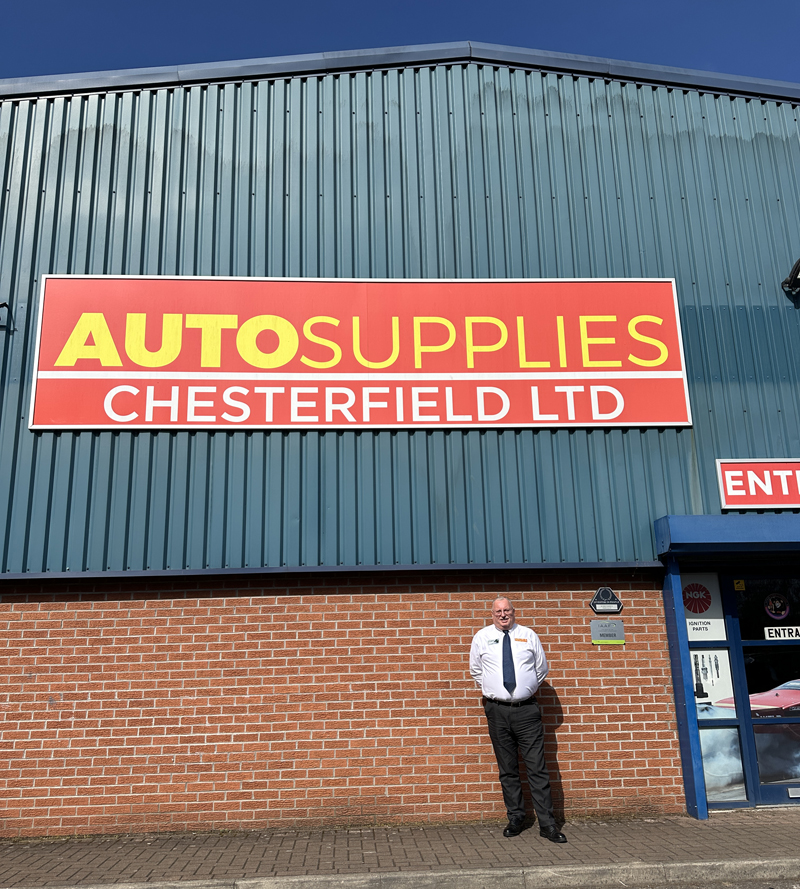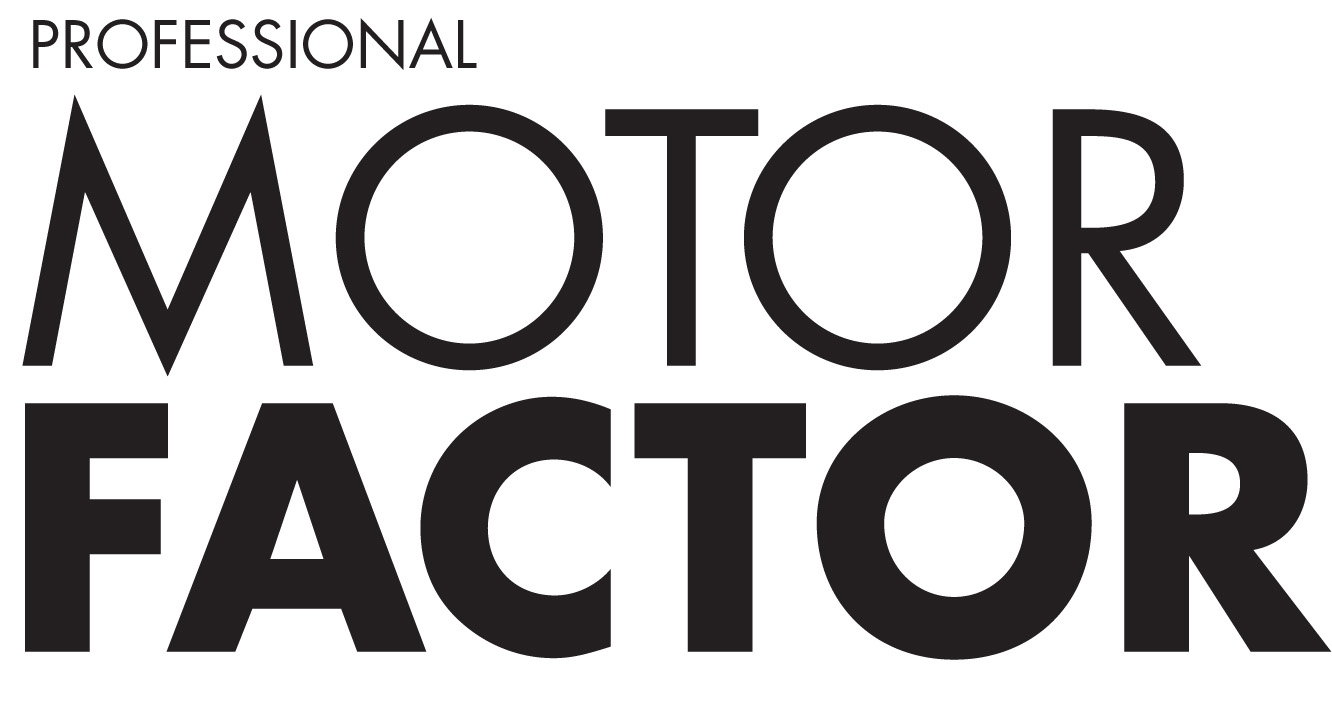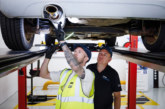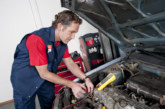Autosupplies MD reveals big sector changes

Autosupplies Group Managing Director, David Clarke, gets on his soapbox to reveal some of the biggest changes in the sector over the last few years and, in his view, what needs to be done to overcome them.
The UK aftermarket has always been an industry shaped by change, but the past few years have seen particularly stark shifts in customer behaviour, supply chains and workforce dynamics. For a motor factor like Autosupplies Group, the market looks very different now than it did before the pandemic.
One of the most significant changes has been the rise of price sensitivity. Pre-Covid, customer priorities tended to follow a clear hierarchy: availability, quality, delivery and then price. Today, price has overtaken all other considerations, with many workshops and garages shopping around more aggressively than ever before. This relentless focus on cost is steadily eroding margins and placing increasing strain on factors who still need to invest in people, stock and service infrastructure.
Taking responsibility
The workforce challenge is equally pressing. The sector faces a shortage of experienced staff, compounded by fewer young people entering the trade. Whereas once many school leavers aspired to be mechanics, the trend has shifted towards alternative careers, such as IT or even digital content creators!
As a result, we – motor factors – must take responsibility for upskilling staff through in-house training, often bringing in people from outside the industry and equipping them with the specialist knowledge and training required. At the same time, the aftermarket must find new ways of attracting and inspiring the next generation if it is to secure its future talent pipeline – much like the efforts of the Independent Automotive Aftermarket Federation and Automechanika Birmingham’s Motorvate.
What’s Changing?
Supply chain issues have also become more complex. Out-of-stocks are not uncommon, and motor factors increasingly require multiple back-up suppliers – sometimes as many as three or four – to maintain service levels. Alongside this, customers expect access to both budget and premium brands, creating further cashflow pressures as businesses tie up more capital in stock to meet these varied demands.

Customer expectations have also shifted dramatically. The Amazon model of rapid delivery at competitive prices has influenced behaviour across all sectors, and the aftermarket is no exception. While price and speed are important, workshops also need the reassurance that they are receiving the right part, first time. This is where us motor factors continue to add extra value – expertise, accuracy and aftercare, all things here at Autosupplies Group we pride ourselves on. The challenge lies in meeting heightened expectations while preserving service quality and operational sustainability.
There has also been much discussion in the market around the rise of EVs. While EVs undoubtedly represent a major longterm shift, the immediate demand for EVrelated parts remains limited. In many regions, the hype still far outweighs the current reality. For now, the aftermarket must remain focused on servicing the millions of non-EV vehicles that dominate the UK vehicle parc. Businesses that lose sight of this risk undermining their short-tomedium- term viability.
In conclusion
The role of the motor factor has evolved significantly since I entered the trade. What were once relatively traditional operations are now modern, customer-focused businesses, carrying greater stock, providing more frequent deliveries and delivering service levels far beyond those expected in the past.
As the trade continues to evolve, so too must its business owners – navigating daily challenges while ensuring the core principles of service, reliability and expertise remain at the forefront. By adapting to change, investing in people and staying grounded in customer needs, the modern motor factor can continue to thrive in an increasingly demanding landscape.








